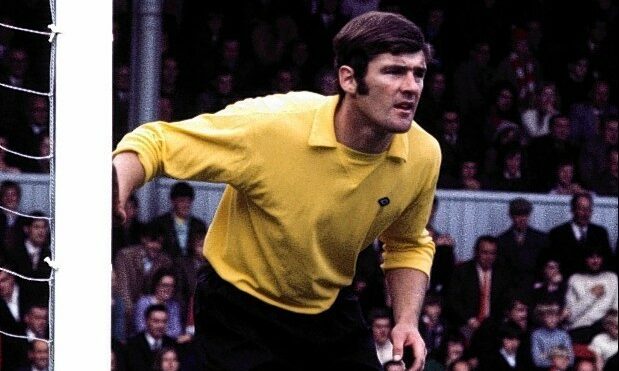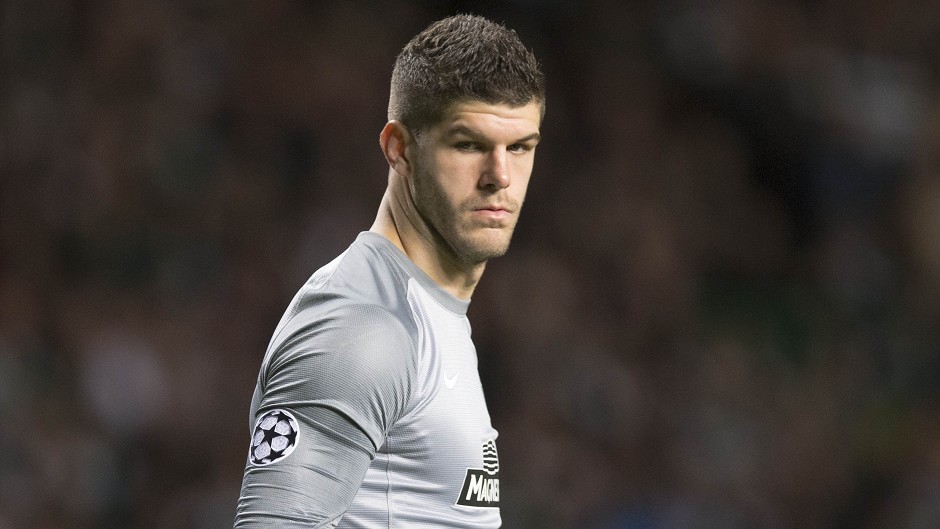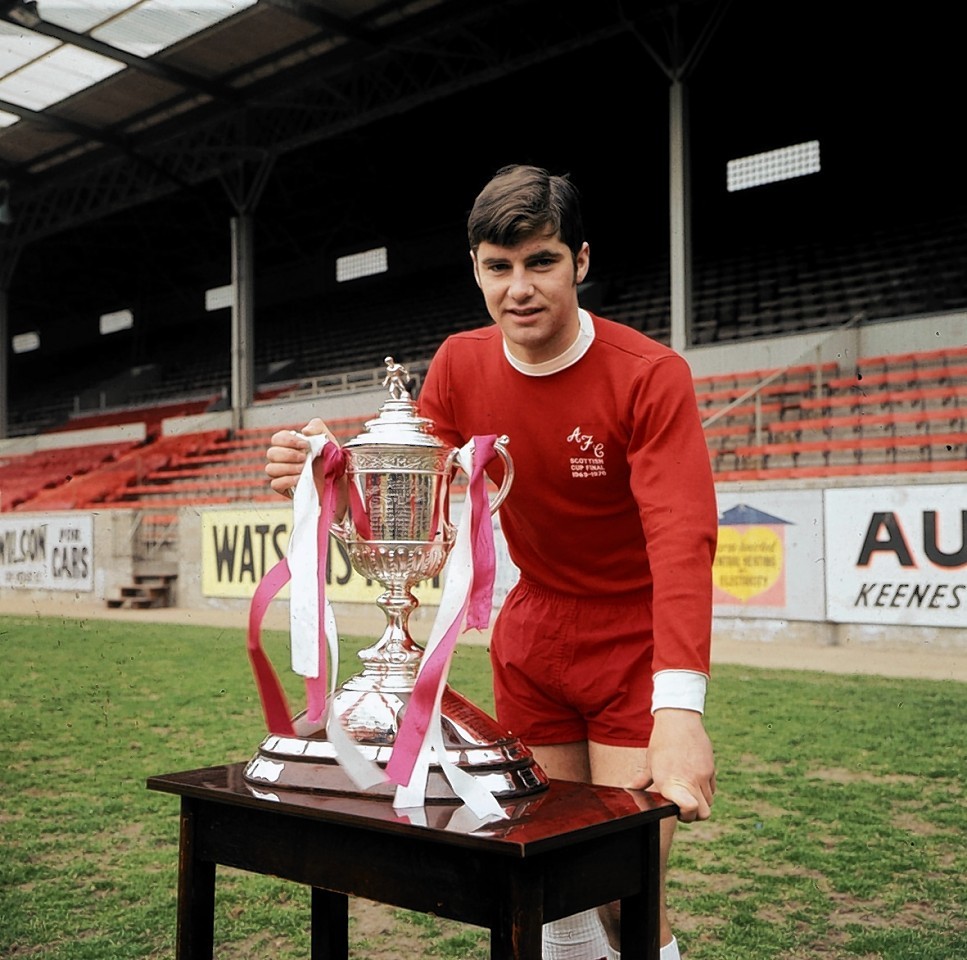Season 1970-71 was a memorable one for Bobby Clark and Aberdeen, but despite putting together a 15-game winning run in the league the campaign will forever be regarded as a disappointment.
The Dons started the campaign as Scottish Cup holders, having beaten Celtic 3-1 to lift the trophy at Hampden the previous season.
Thanks to their 15-game unbeaten run, which included a record setting 12-game sequence where the Dons failed to concede a goal, Eddie Turnbull’s side led the league from December until the penultimate match of the campaign.
Victory against Celtic at Pittodrie in April would have all but clinched the title for the Dons but they drew 1-1 with the Hoops before losing the last game at Falkirk to allow Celtic to win the title by two points.
Former Celtic goalkeeper Fraser Forster broke Clark’s top flight clean sheet record a year ago but former Dons goalkeeper Clark still wonders what might have been.
He said: “I regard the team I played in for the 1970-71 season as being as good as the side which won the league in 1980.
“It was a tough league to play in and for us to put together a 15-game winning run was no mean feat.
“That was during a time when we had to play on January 1 and 2 as well and we won both those matches during our run. It was demanding mentally as well as physically.
“But I knew I was playing in a good team and I was lucky to have some very talented players in front of me.
“Martin Buchan and Tam McMillan were a terrific partnership at the back and they had two great full backs alongside them in Henning Boel at right back and Jim Hermiston on the left.
“In front of them we had Stevie Murray, a player who did not get the recognition he deserved, Ian Taylor, Davie Robb, Jim Forrest, Arthur Graham and wee Joe Harper up front.
“Davie did the dirty work in the middle of the park while Arthur was a great wide man and Jim was greased lightning too.
“Joey was the man who finished it all off really and we were a formidable team.”
The season may have ended in dismay for the Dons but there was pride among the players at establishing the club as a force in Scottish football following a lean spell before Turnbull’s arrival.
For Clark, the key to the club’s incredible run of results was consistency of selection.
He said: “It was a really good team and the back four rarely changed which is why we were able to produce a run of 15 wins.
“We were labelled the offside team but that was unfair. Martin was a great organiser at the back and knew when to step out and catch the opposition offside, but really it was Eddie Turnbull was key to it all.
“Eddie was an astute man and he had us playing a pressing game long before it was en vogue.
“We were one of those teams who knew if we kept a clean sheet Joe could nick a goal for us and we managed to win five of the games in our run 1-0.
“There were a few one-sided wins in there too, but we had to be able to grind it out when it mattered.”


